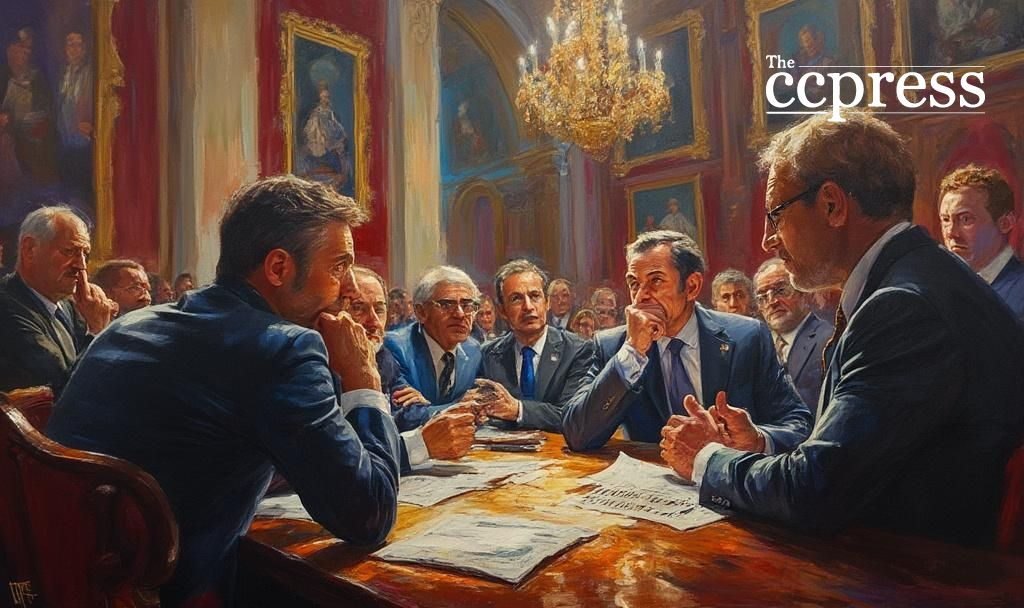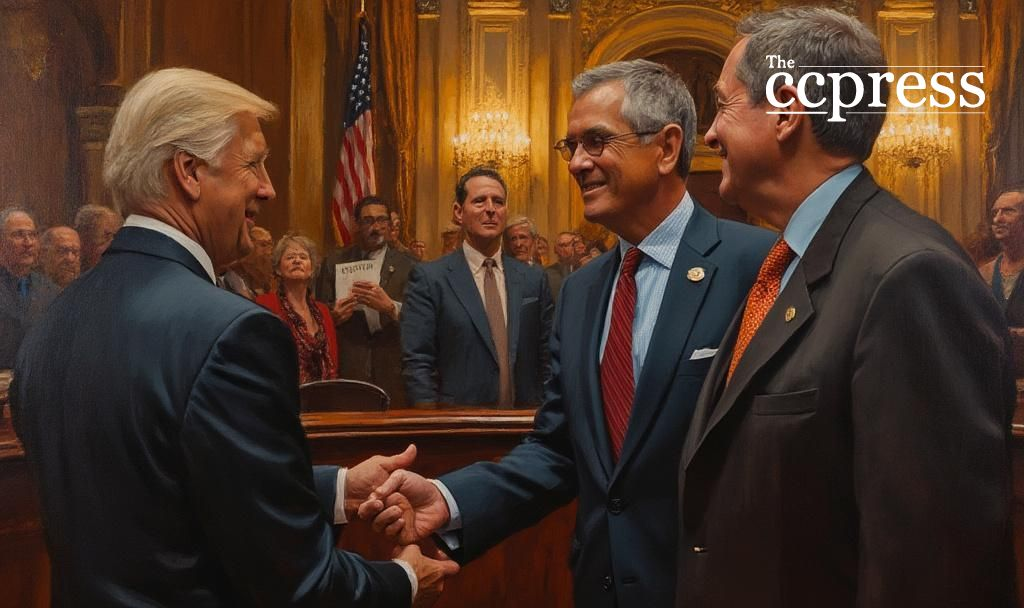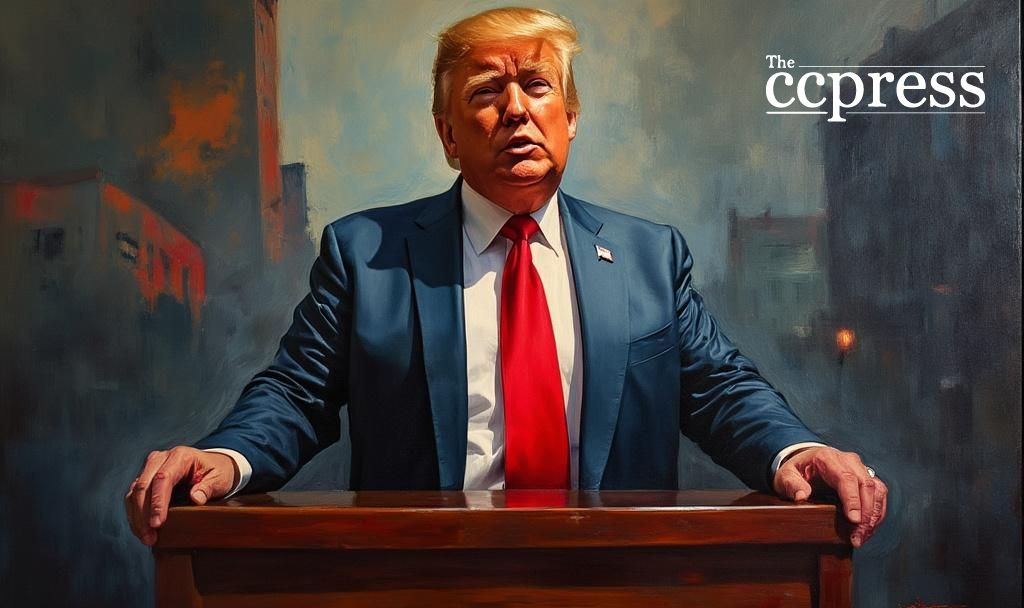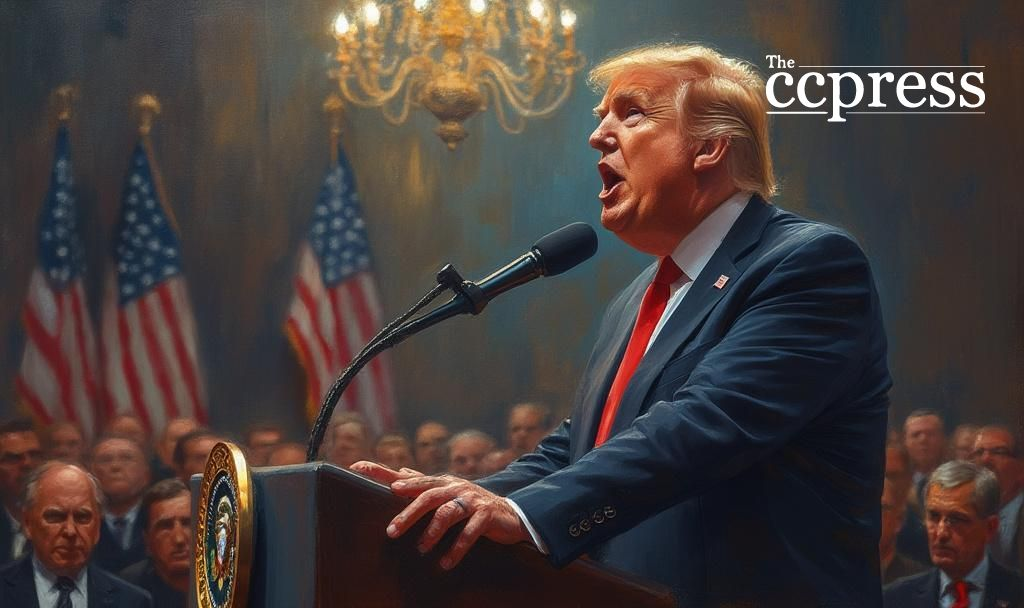- Court ruling against Trump’s tariffs alters U.S. trade policy.
- Congressional authority reinforced in trade decisions.
- Potential global trade and market impacts observed.
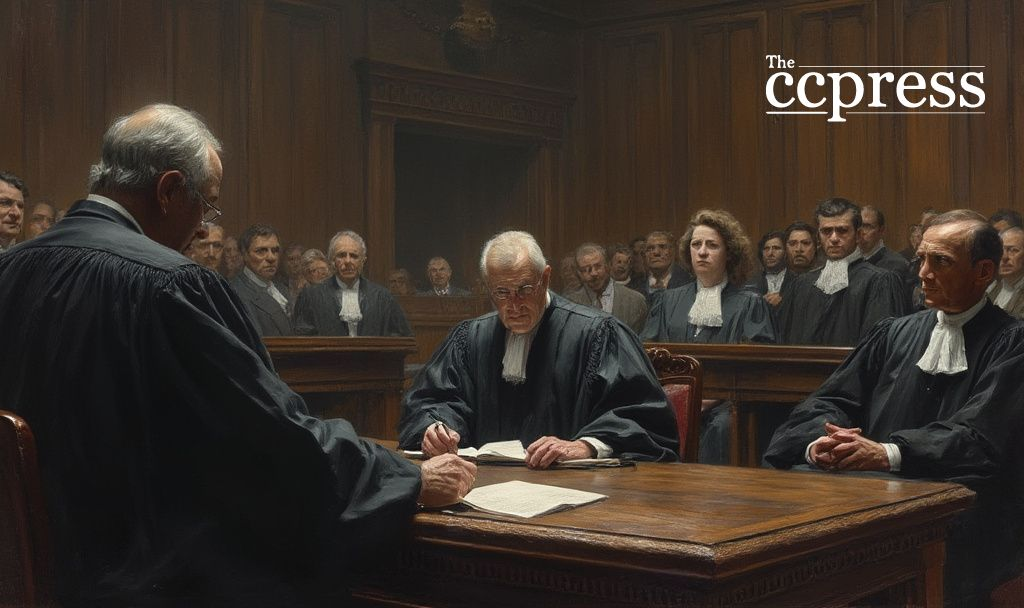
President Donald Trump’s attempt to impose sweeping tariffs under emergency powers has been blocked by the U.S. Court of International Trade, confirming Congress’s authority over such trade measures.
The court’s decision highlights potential limits to presidential power over trade policy, potentially stabilizing market conditions previously under threat.
The U.S. Court of International Trade’s ruling blocked tariffs imposed by Trump, citing a misuse of emergency powers. The decision underscores the importance of Congress’s authority over trade policy changes, providing a check on executive actions. Trump’s tariffs cited a national emergency involving trade reciprocity deficiencies.
“The President exceeded his authority under federal emergency powers law.”
The blocked tariffs, described as sweeping, could have disrupted global economic stability, affecting industries and governments worldwide. The decision implies a trend towards congressional oversight, impacting financial and political landscapes. congressional oversight
Elon Musk’s departure from an advisory role within the Trump administration signals internal disagreements on trade and economic policies. This court decision reaffirms checks on executive power and supports legislative involvement in U.S. trade policy, offering a more predictable business environment.
Financial implications are linked to immediate market reactions as trade policies influence international investment dynamics. Historical precedents illustrate the struggle between executive and congressional powers in trade contexts. Global markets could respond positively to this increased policy stability. international investment dynamics
| Disclaimer: The content on The CCPress is provided for informational purposes only and should not be considered financial or investment advice. Cryptocurrency investments carry inherent risks. Please consult a qualified financial advisor before making any investment decisions. |







